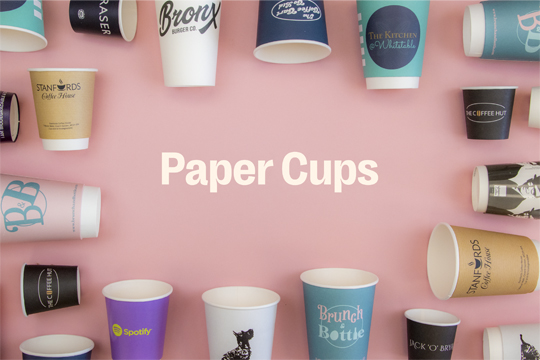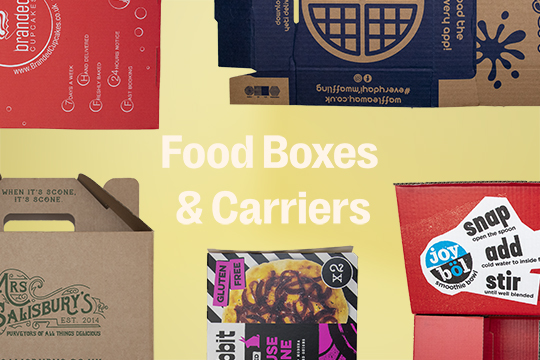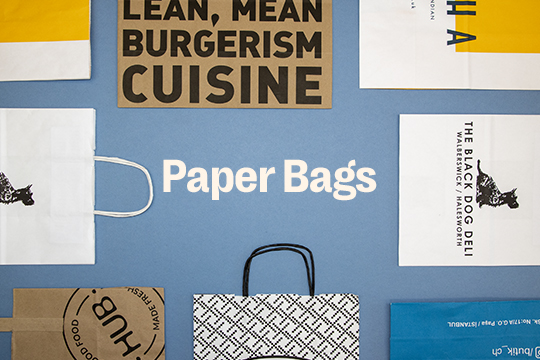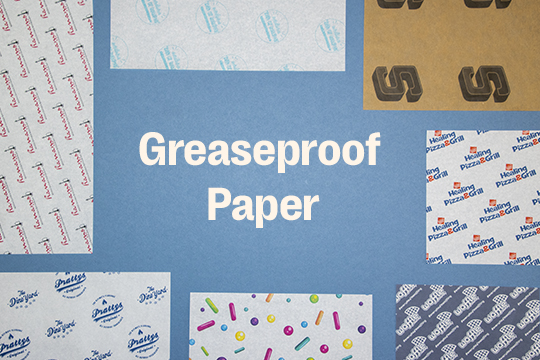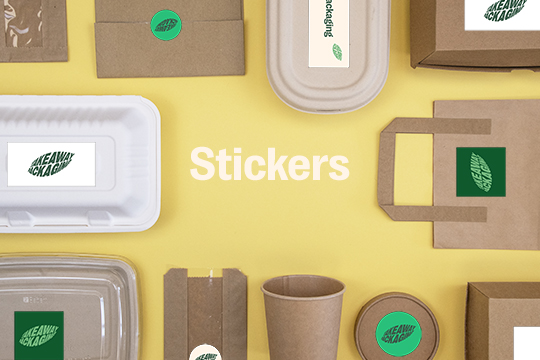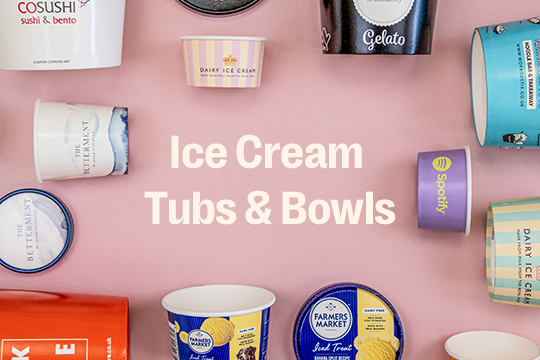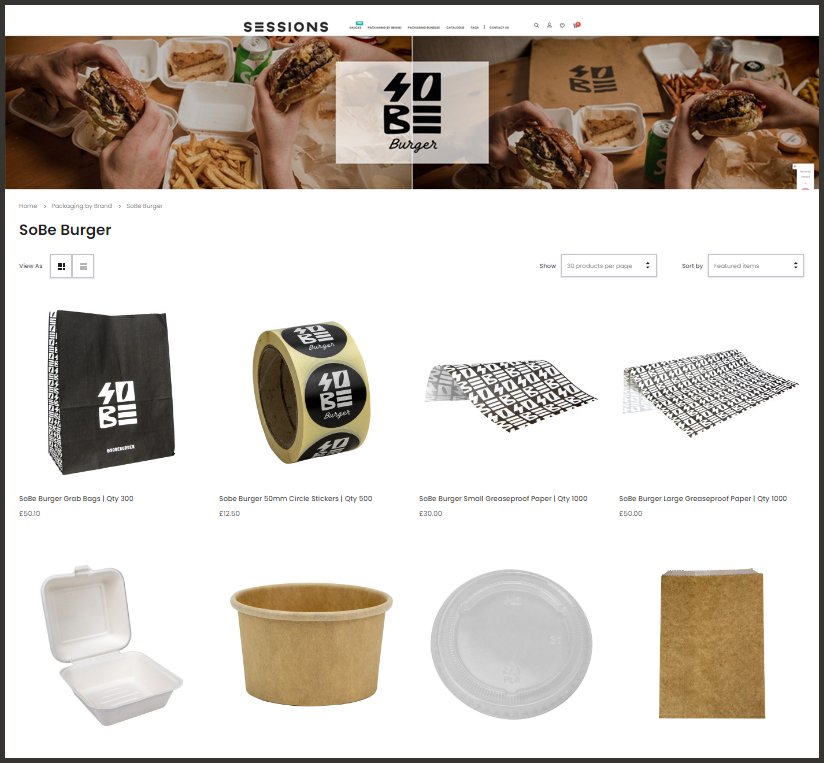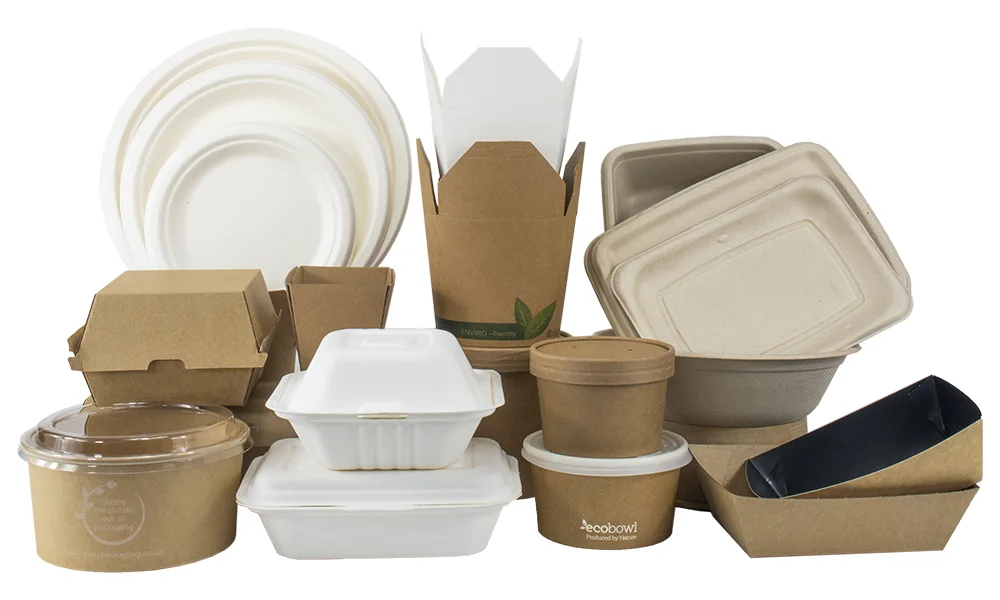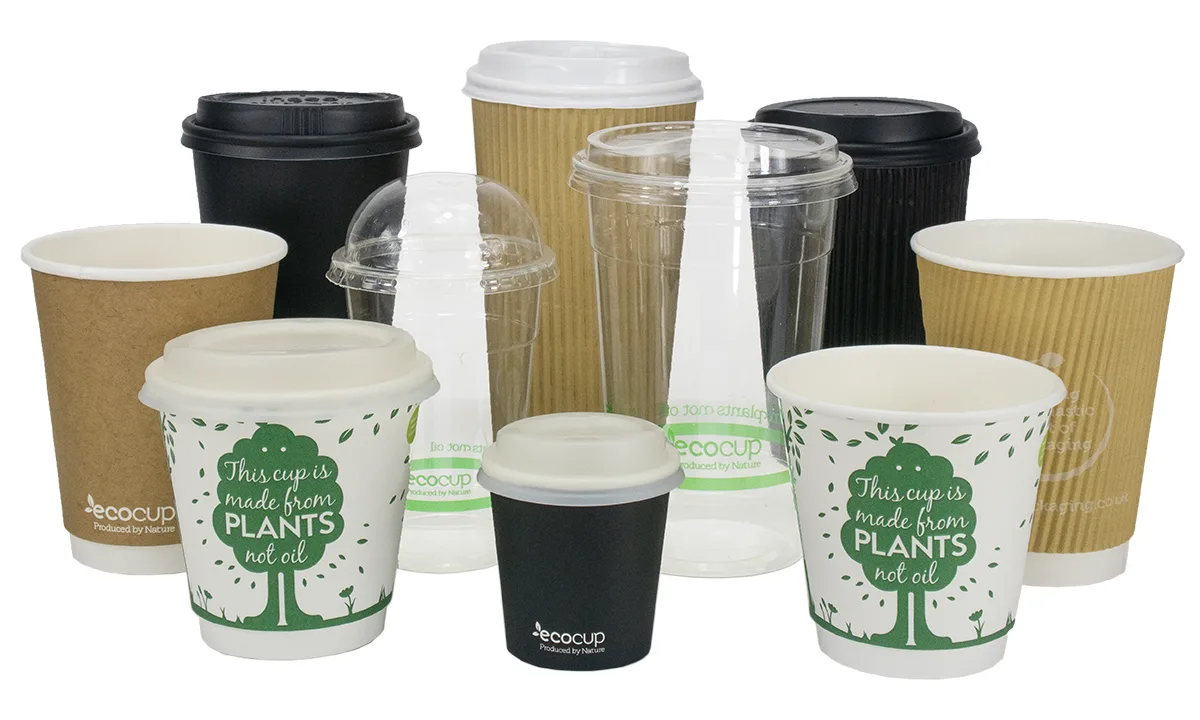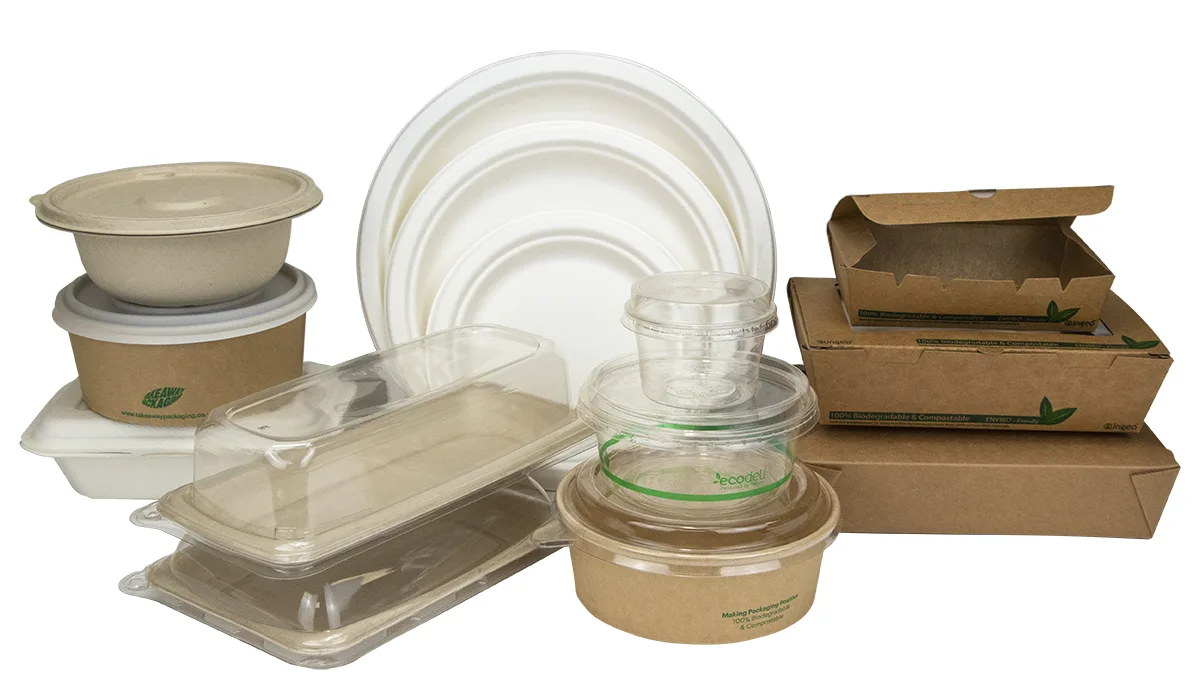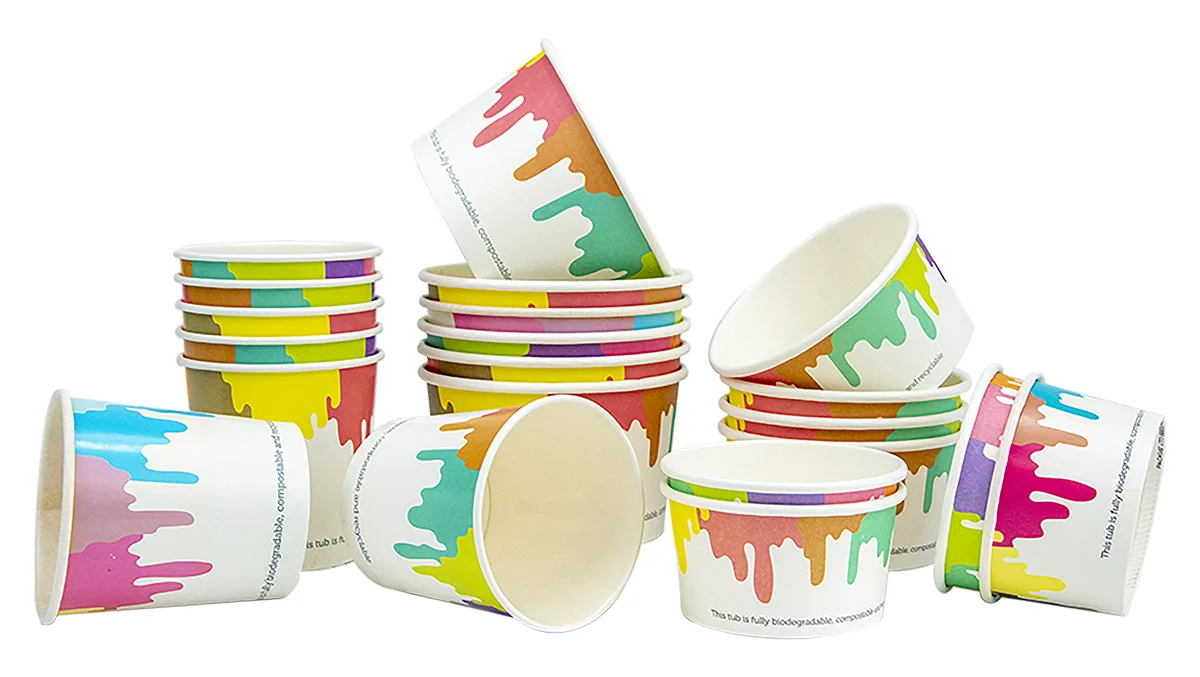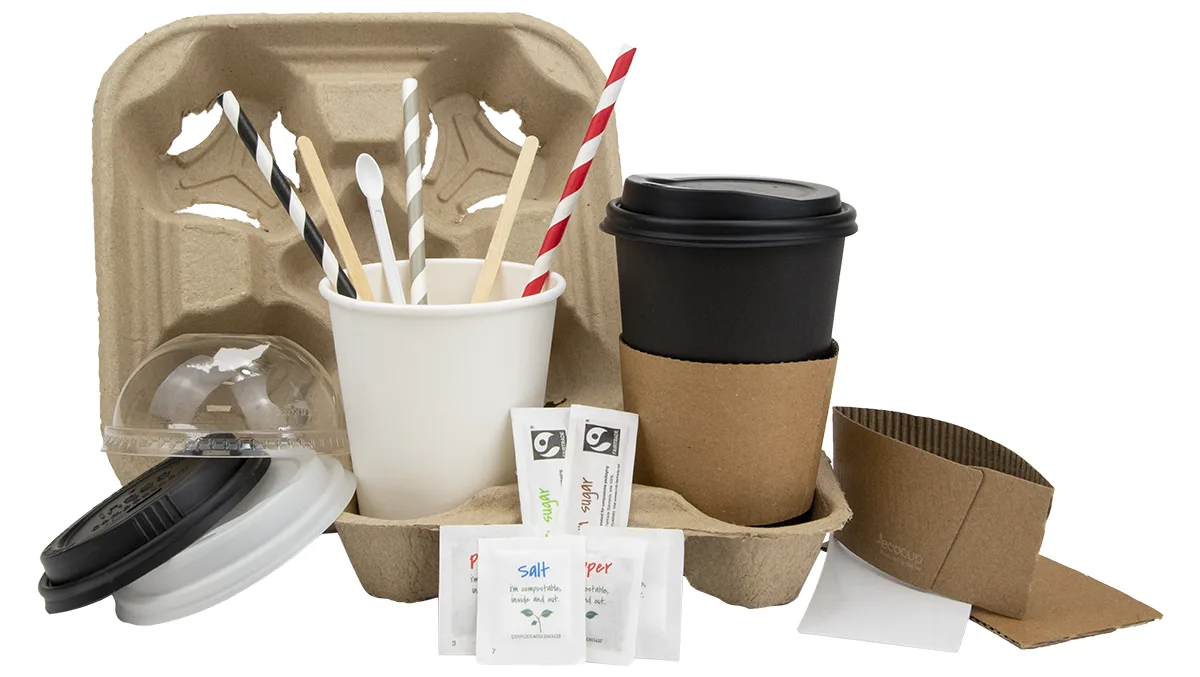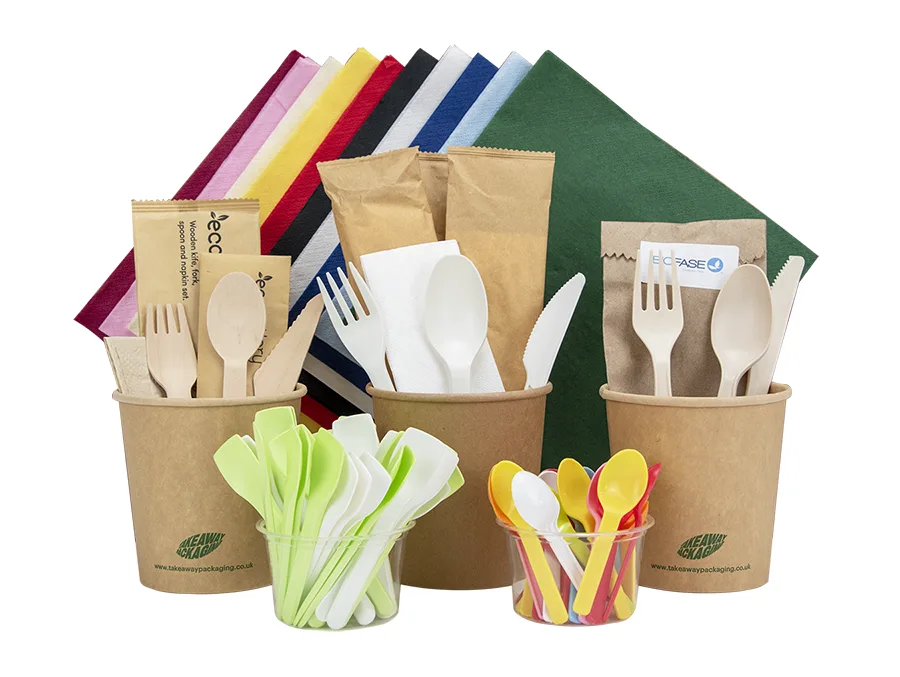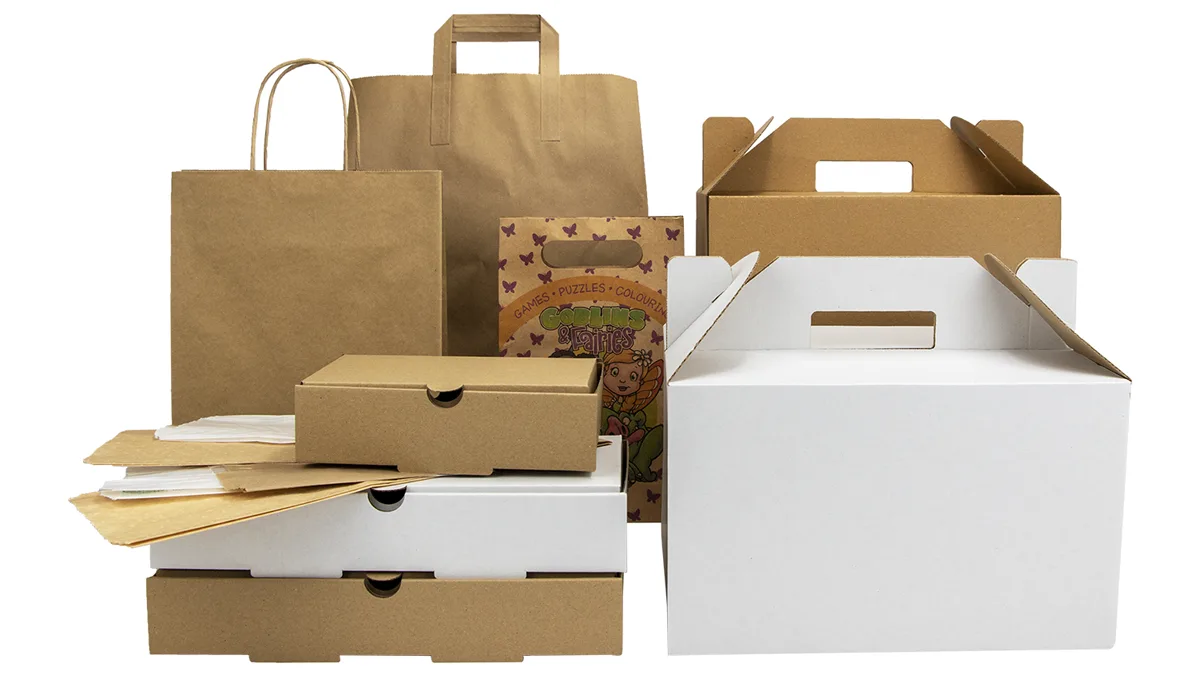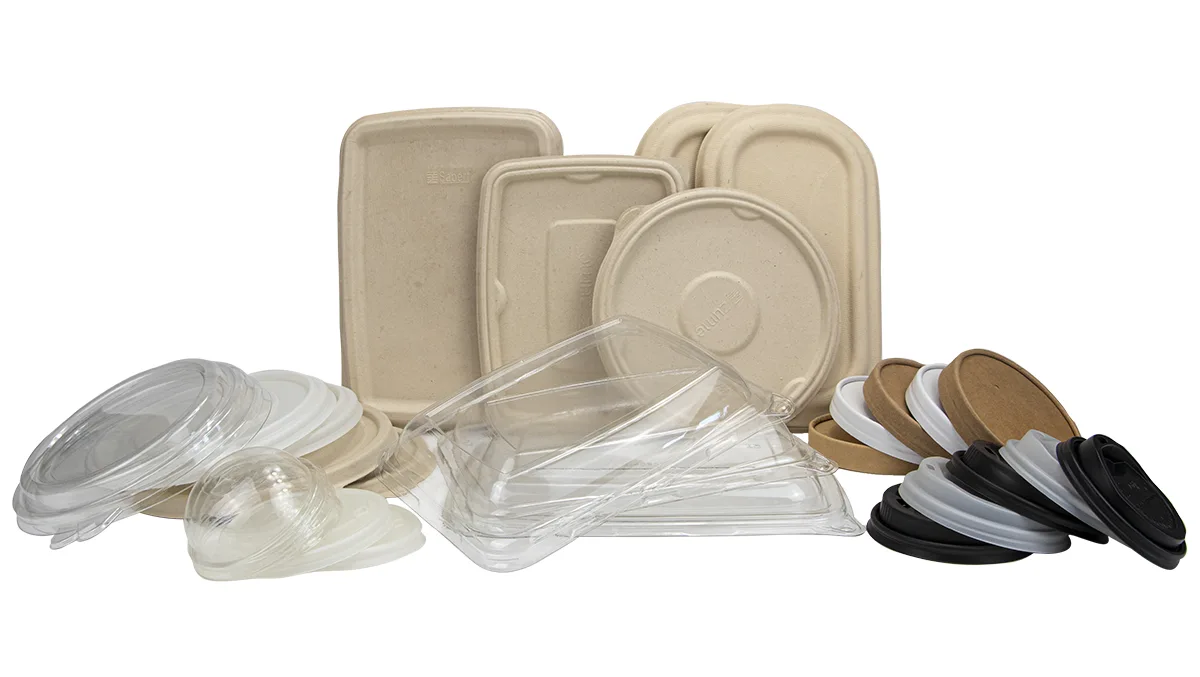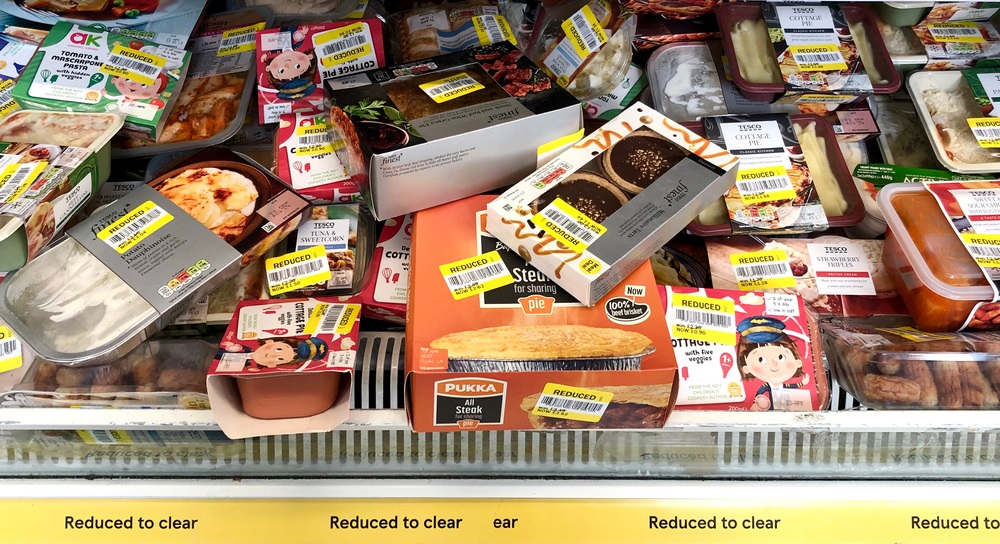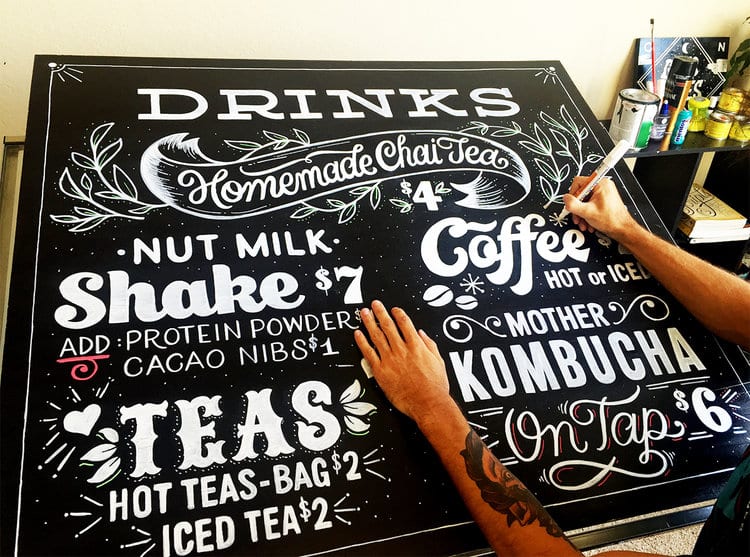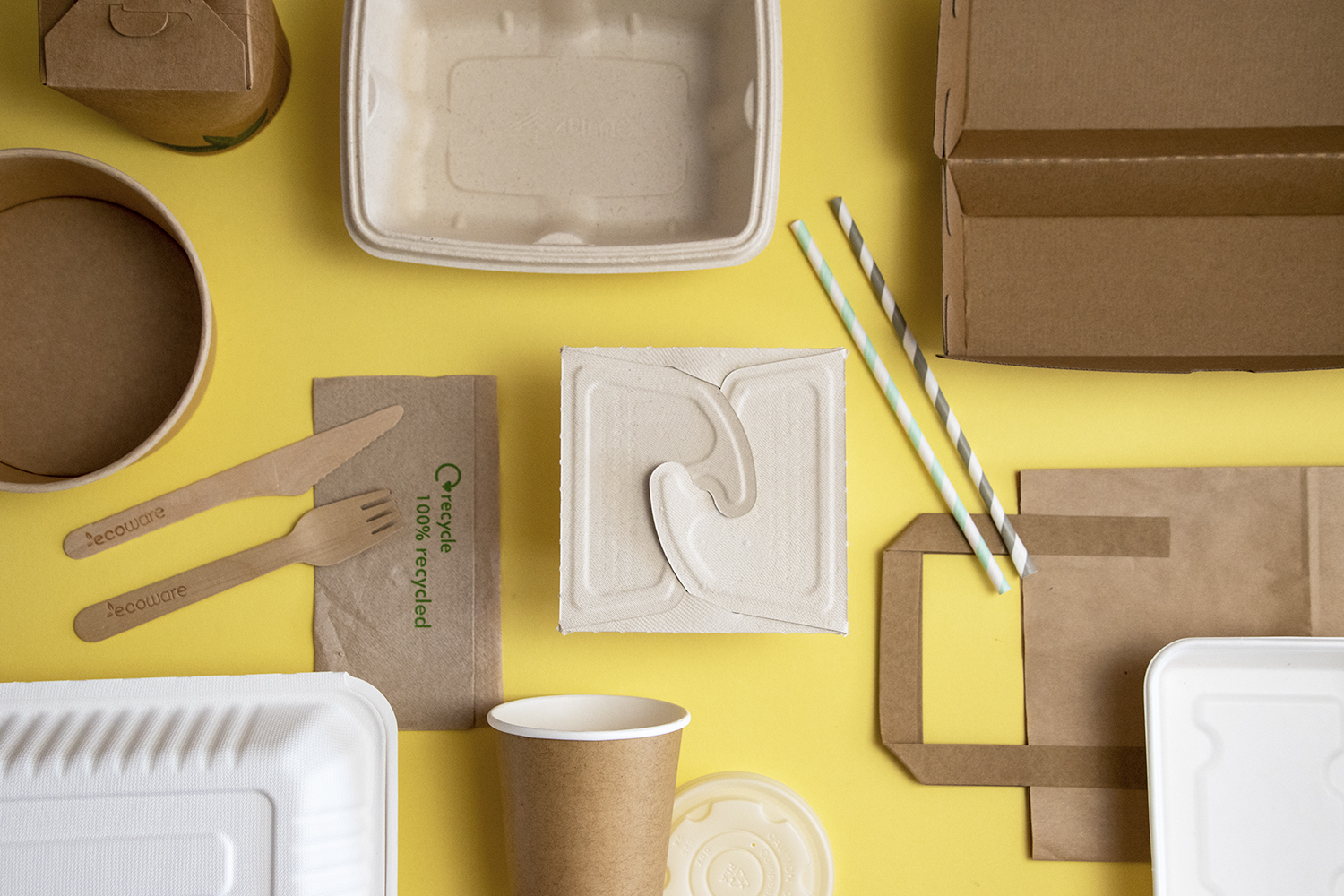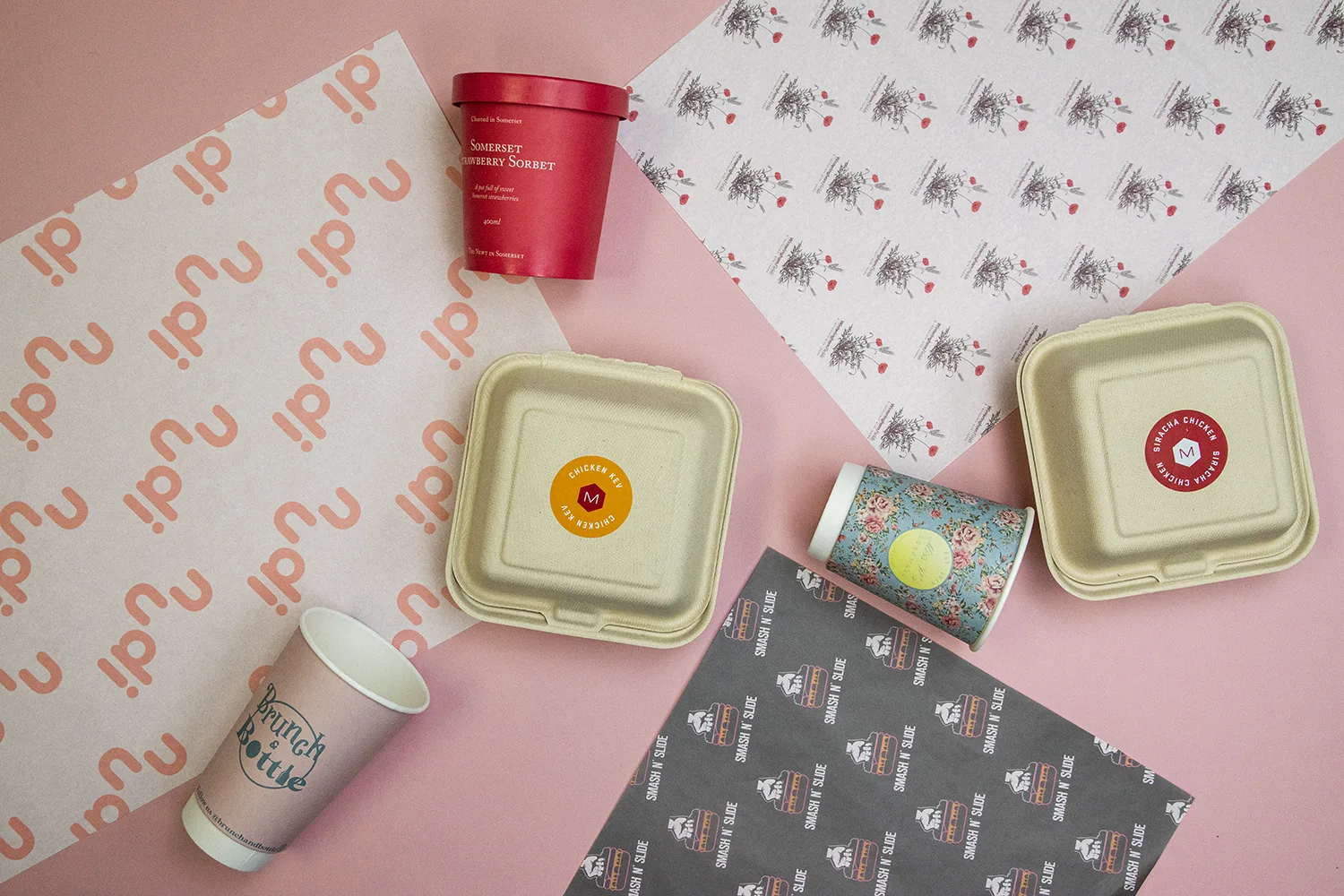Food waste is an issue of epic proportions. What can businesses and consumers do to make their food go further and reduce food and packaging waste?
Nine hundred million tonnes of food is wasted globally every year. The majority of the waste is created by households, with the restaurant and retail sectors following close behind. The accompanying packaging waste problem is detrimental to the environment, as a huge amount of food packaging is either unrecyclable, not recycled or non-biodegradable. This is especially true for a vast array of takeaway packaging.
UK households could save £700 a year if they only bought the food they ate. There are numerous environmental implications of wasting such vast quantities of food too — whether it’s purchased in supermarkets, grocery stores or from takeaway services — so how can we reduce food waste to help save the planet?
How to Reduce Food Waste at Home
Since most food wastage occurs at home, you might be wondering how to store food without plastic and still keep it fresh. Plastic zip lock bags often have faulty or ineffective seals that frequently break and plastic sandwich bags are prone to tearing, dramatically reducing your food’s shelf life.
Glass containers and beeswax wraps make for much safer food storage solutions at home, while Kraft tableware and biodegradable cutlery made from natural resources make highly effective takeaway packaging for all kinds of cuisine.
There are a few ways you preserve food at home while avoiding using plastic-based products:
1. Don’t Buy More Food than You Need To
It’s easier said than done, especially if you’re shopping while you’re hungry, but over-ordering can leave you with a fridge full of food that quickly goes out of date. Fruit and vegetables are best eaten fresh and will usually only last a few days, even in optimal conditions. Although it might require more effort in the short-term, doing smaller food shops more regularly can help you stay fully stocked and save you money on wasted food over the year.
2. Avoid Duplicate Purchases by Keeping Track of Your Food Stocks
We’ve all been there. You buy milk, take it home and make a cup of tea, only to realise that there’s a carton of milk sitting in the fridge that was only opened yesterday. Unless you were planning on having a pint and a half of milk with your cereal each morning, this could easily create wastage. Keep your shopping lists up to date and communicate with others in your household to make sure you aren’t wasting money on duplicate purchases; it’ll pay dividends in the long run
3. Keep Track of Expiry Dates
Keeping track of when your food goes off can help you decide what needs to be eaten before its expiry date. Most foods are suitable for freezing, which can help to reduce wastage dramatically.
Expiry dates shouldn’t be confused with best-before dates. Expiration dates help you to understand how long a product is safe to consume, whereas a best-before date merely indicates that products won’t be as tasty or in such good condition after a certain date. If a food product is passed its best-before date, it’s still safe to eat; it just might not be as aromatic or nutritious as it was when it was still fresh
4. Get Savvy with Meal Planning
Planning is a great way of making sure that you’re only buying exactly what you need to make your next meal. Batch cooking is also an effective way of reducing food waste, allowing you to cook and prepare food items that might be near their expiry date.
5. Make Sure Your Fridge Is Cold Enough
Cool your fridge down to at least 5°C. Although this lower temperature will require slightly more power, it’ll help preserve your food for a lot longer. The average UK fridge temperature is almost 7°C, so check your fridge settings and start saving more food right away
6. Make the Most of Your Freezer
Your freezer can save you hundreds of pounds a year when utilised to its full potential. If you’ve got plenty of leftovers after mealtime, use eco-friendly containers to freeze what you haven’t eaten for another day. If you’ve got too much food in the fridge that’s approaching it’s expiry date, whether that’s meat, fruit or even milk, put it in the freezer before it starts to spoil. Once foods have passed their expiry date, they’ll be no good, frozen or unfrozen.
How Can You Reduce Food Packaging Waste?
So you’re getting savvier with your food shopping, you’re throwing less food away and the planet is starting to become a better place. But what about all that food packaging? Your takeaway still comes in plastic containers and there’s still an abundance of non-recyclable plastic that wraps around your supermarket shopping.
As a consumer, be conscious about how your food is packaged and take note of whether or not it’s recyclable, compostable or biodegradable. Check to see if you have a zero waste shop near you, and take along your reusable bags and containers to minimise the amount of packaging waste produced.
For businesses, eco-friendly takeaway packaging is essential for making the right impression on your customers, as well as helping to preserve the planet’s resources. Don’t carry on using the same old plastic packaging that damages the environment with excessive waste; make the switch to more Earth-friendly packaging solutions and start making a difference today.
Are you an eco-conscious business looking for a better way to package your takeaway food products? Why not check out our online shop, full of awesome innovative packaging solutions that are much better for the environment.

